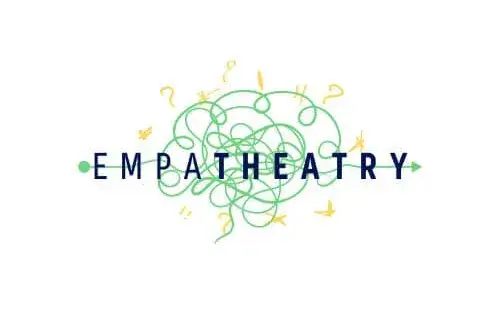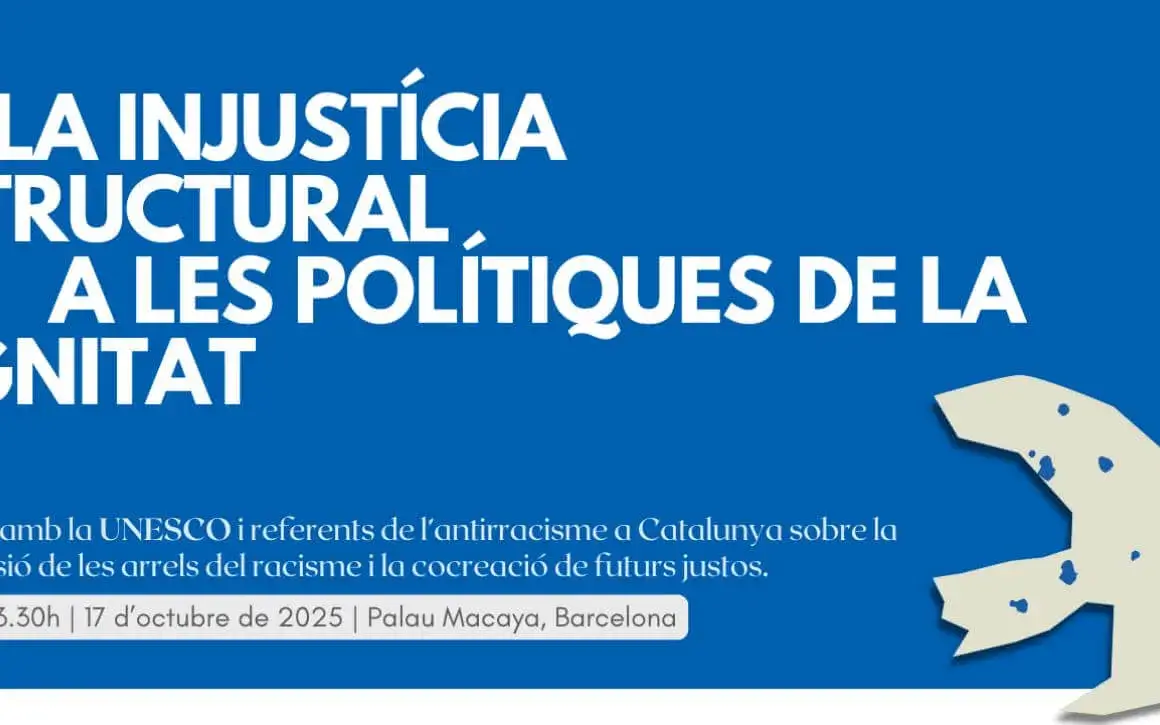The Equinox Initiative for Racial Justice has published a report that analyses how to rethink EU Gender Equality Policy from an Intersectional Perspective.
Equinox is a coalition of racial and social justice leaders, activists and organisers from across Europe working in solidarity to influence European Union law and policy. To rethink EU gender equality policy from an intersectional perspective, they have published a report that analyses the current approach and propose some recommendations to create a truly intersectional EU gender equality policy.
The European Commission launched the new Gender Equality Strategy 2020-2025 in March 2020 and the first ever LGBTIQ Equality Strategy 2020-2025. However, both strategies have to face with some obstacles to truly intersectional EU gender equality policy that are represented on that report:
- A surface level engagement with the concept of intersectionality, including a failure to meaningfully account for race and class. Three specific flaws demonstrate the failure to meaningfully engage with intersectionality in EU policy-making: An avoidance of the issue of race, overlooking the structural, institutional nature of intersectional discrimination and oppression and focusing on identity, as opposed to power.
- A binary foundation that limits the scope of policy and does not provide for the fact that women have complex identities that go far beyond their gender identity.
- Institutional barriers to meaningful civil society and community engagement, in particular of those representing communities impacted by intersectional discrimination.
Recommendations for a truly intersectional EU gender equality policy
The report ‘Towards a gender justice’ proposes some recommendations to avoid these obstacles and promote a truly intersectional EU gender equality policy:
- The EU must review both the Gender Equality and LGBTI strategies with due regard to issues experienced by racialized and migrant women.
- The EU should facilitate and encourage member states to collect equality data disaggregated by racial / ethnic origin as well as gender and should endeavour to work towards using such data to inform its policymaking.
- The EU, in particular the European Commission, should develop a strategy to review its approach to “gender mainstreaming” within all EU policies from an intersectional perspective.
- The European Commission, in particular DG JUST, must develop a strategy to address structural harms against women and people at the margins on the grounds of race, gender, gender identity, age, sexual characteristics, sexual orientation, disability, class and migration status.
- Ensure that the comprehensive assessment of the legal framework as outlined in the anti-racism action plan is implemented with an intersectional approach and explicitly considers the impact of said framework on racialised women as well as explicitly accounts for the experience of racialised women, non-binary and gender nonconforming people.
- The recovery and resilience plans developed by Member States should be gender mainstreamed in a way that takes into account the specific situation of racialized women in all their diversity.
- All EU institutions must actively safeguard the fundamental rights of sex workers in all related policy areas.
- The Commission should ensure that its proposal for a directive on gender based violence takes a holistic approach, centred around harm prevention rather than retribution.
- The EU should present a new, up to date proposal for an EU Equal Treatment Directive to address intersectional discrimination, explicitly prohibiting discrimination in a combination of all grounds.
- The EU should correct the differential treatment of different forms of equality in its infrastructure, including in the development of expert groups and advisory bodies.
- Facilitate the addition of new observers to the advisory committee on equal opportunities for women and men.
- Ensure that the biannual meeting with civil society outlined in the ARAP must include grassroots organisations led by and for racialized women and non-binary people.
- The EU must ensure that the development of national action plans on racism should be carried out in close consultation with civil society organisations.
- The Commission must make funding more accessible to racialised and working class organisations, especially those operating at a local level.
- The Commission should dedicate 1% of funding under the Union values strand of the Citizens, Equality, Rights and Values programme.
- The EU must develop a policy within the framework of its gender equality practices to ensure that EU funding is withheld from all institutions and organisations that contribute in some way to the discrimination against marginalised women.







Add new comment